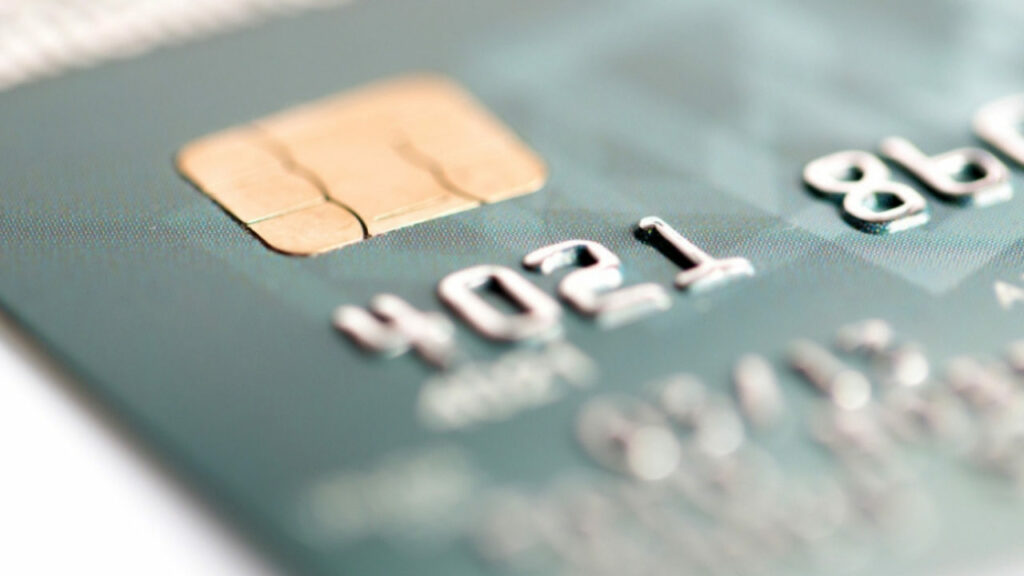As of July 1, credit card users of major Indian banks, including HDFC Bank, ICICI Bank, and Axis Bank, will no longer be able to pay their bills through popular third-party apps such as CRED, PhonePe, Amazon Pay, and Paytm.

This change is due to the Reserve Bank of India’s (RBI) mandate requiring all credit card bill payments to be processed through the Bharat Bill Payment System (BBPS). This shift aims to centralize and streamline the payment process, but it comes with challenges for both banks and users.
Affected Banks and Continued Services
Major Banks Not Live on BBPS
HDFC Bank, ICICI Bank, and Axis Bank are among the prominent institutions not yet integrated into the BBPS platform. As a result, their customers will need to use alternative methods, such as the banks’ websites, net banking, and their mobile apps, to make credit card bill payments.
Banks Continuing Third-Party Payments
In contrast, customers of SBI, Bank of Baroda, Kotak Mahindra Bank, IndusInd Bank, Federal Bank, Canara Bank, RBL Bank, and AU Small Finance Bank can continue to use third-party apps without any disruption. These banks are already live on the BBPS platform, ensuring seamless payment experiences for their users.
RBI Mandate and PCI’s Request for Extension
RBI’s Centralization Initiative
The RBI’s directive to route all credit card bill payments through the BBPS aims to centralize payment processes, enabling better tracking of payment trends and control over potential fraud. The BBPS platform offers a unified interface for bill payments, enhancing the efficiency and transparency of transactions.
Payments Council of India’s Appeal
The Payments Council of India (PCI) has requested a 90-day extension from the RBI to allow more banks to become BBPS-compliant. This extension would help prevent service disruptions for millions of credit card users. As of now, 26 out of the 34 authorized credit card-issuing banks are yet to integrate with BBPS.
User Concerns and Market Impact
User Adaptation and Concerns
Credit card holders are voicing their concerns on social media platforms, hoping for an extension of the deadline to avoid disruptions in their bill payments. Users are also adjusting to alternative payment methods, such as using the banks’ direct channels.
Impact on Major Banks
The delay in BBPS integration poses a significant challenge for major banks, collectively holding over 50 million credit cards. The transition to BBPS is essential for maintaining user trust and ensuring compliance with the RBI’s regulations.
Conclusion
The RBI’s mandate to route all credit card bill payments through the BBPS platform marks a significant shift in the payment landscape. While it aims to centralize and streamline transactions, the current lack of compliance among major banks presents challenges for users. The Payments Council of India’s request for a 90-day extension highlights the need for a smoother transition to avoid service disruptions and maintain user satisfaction. As banks work towards BBPS integration, customers will need to adapt to new payment methods in the interim.












